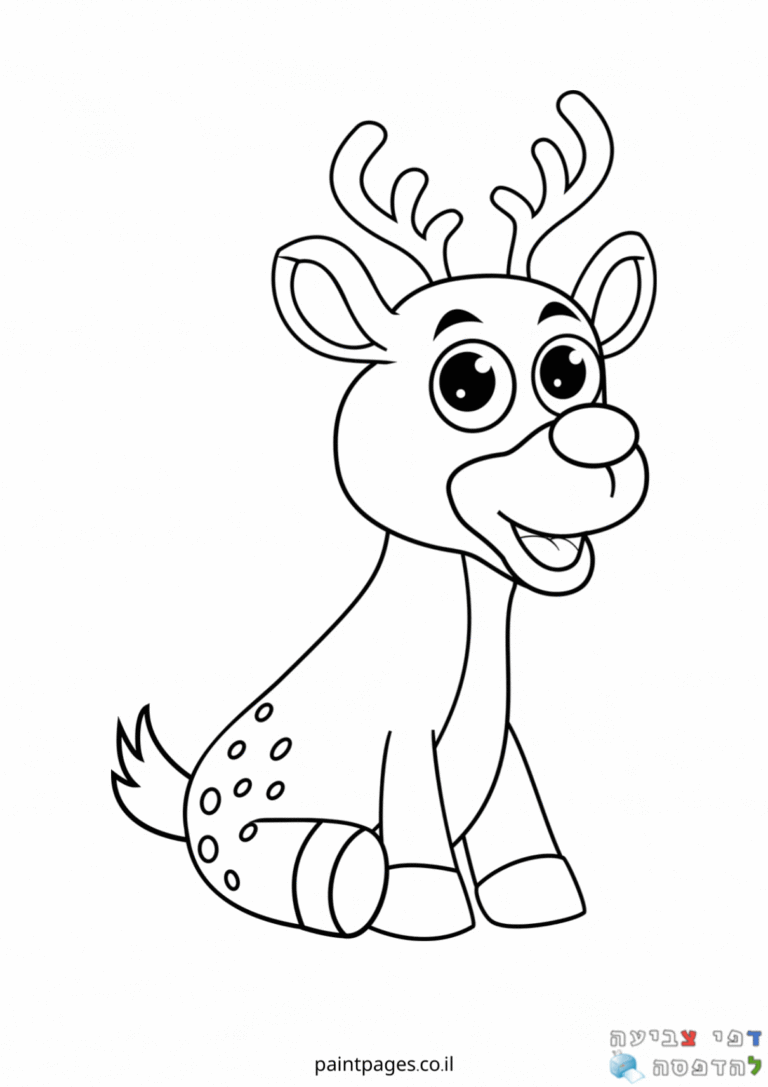Welcome to our delightful world of "ציורים חמודים מאוד" or Adorable Paintings! In this article, we will explore a variety of cute and charming artwork that will surely bring a smile to your face. Whether you are an art enthusiast or simply appreciate the beauty of cute paintings, this collection is bound to captivate your heart. Join us as we delve into a whimsical world of art that celebrates all things adorable. Cute artwork has a unique way of touching our hearts and evoking positive emotions. These paintings often feature subjects like adorable animals, charming landscapes, or endearing characters. The use of vibrant colors, playful compositions, and expressive details adds to the overall charm of the artwork. Whether displayed in a nursery, living room, or art gallery, cute paintings have the power to uplift and inspire. There are various art styles that lend themselves well to creating cute artwork. From realistic to abstract, each style offers a different perspective on cuteness. Realistic paintings capture the finest details of adorable subjects, while abstract art uses shapes and colors to represent cuteness in a more imaginative way. Whichever style resonates with you, cute artwork is sure to bring joy and happiness into your life. One of the most popular subjects in cute artwork is animals. From fluffy kittens to playful puppies, adorable animals have a special place in our hearts. Artists skillfully capture the innocence and charm of these creatures, creating paintings that can instantly brighten our day. Whether you prefer domestic pets or exotic wildlife, the animal kingdom provides endless inspiration for cute artwork. Not only animals, but also enchanting landscapes can be transformed into adorable paintings. Imagine a picturesque countryside with blooming flowers, cheerful sunsets, and cuddly critters. These whimsical settings bring a sense of tranquility and joy, reminding us of the beauty that surrounds us. Cute landscape paintings transport us to a world filled with wonder and serenity. Cute artwork often features charming characters that tell a story through their expressions and actions. These characters can be human or fantastical creatures, each with their own unique personality. Artists bring these characters to life through their brushstrokes, creating a sense of connection and empathy. Whether it's a mischievous fairy or an adorable child, these characters add depth and narrative to cute paintings. Cute artwork is not only pleasing to the eye but also a fantastic addition to any space. Whether you want to create a playful nursery, a cheerful living room, or a vibrant office, cute paintings can transform any room into a haven of cuteness. Mix and match different styles and subjects to create a personalized gallery wall or choose a standout piece that becomes the focal point of the room. The possibilities are endless! If you are an art collector or simply appreciate the beauty of cute paintings, starting a collection of adorable artwork can be a rewarding experience. Look for emerging artists who specialize in cute art or explore established artists who have dabbled in the genre. Attend art exhibitions, visit galleries, and browse online platforms to discover unique pieces that resonate with your taste. Each artwork you collect will be a treasure that brings joy for years to come. "ציורים חמודים מאוד" or Adorable Paintings are a delightful way to bring joy and happiness into our lives. From cute animals to enchanting landscapes and charming characters, this genre of art celebrates the beauty of cuteness in all its forms. Whether you are decorating your home, starting an art collection, or simply appreciate the magic of cute artwork, let these paintings brighten your day and remind you of the joy that surrounds us. Embrace the adorable and let it inspire you!Introduction
The Magic of Cute Artwork

Exploring Different Art Styles
Animal Kingdom: The Cutest Creatures

Enchanting Landscapes: Nature's Beauty
Charming Characters: A Story in Every Stroke
Decorating with Cute Artwork

Collecting Cute Artwork
Conclusion












